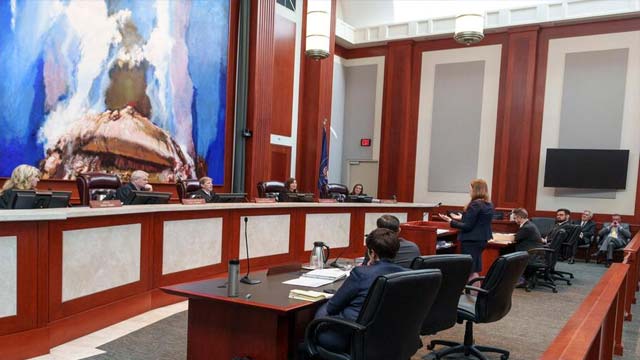
In a groundbreaking ruling, Utah's Supreme Court unanimously overturned contentious congressional district maps that fragmented traditionally Democratic Salt Lake County into four districts favoring Republicans. The redistricting, implemented by Utah's Republican-dominated Legislature, bypassed an independent commission and sparked legal challenges. Advocates, such as the League of Women Voters, celebrated the decision as a significant win for fair representation, anticipating revised maps before upcoming elections.
The court's decision sends the case back to lower courts for further review, influencing future redistricting processes rather than imminent elections. It underscores ongoing debates over the balance of power between legislative authority and voter initiatives, such as the "Better Boundaries" commission aimed at curbing partisan manipulation. While Governor Spencer Cox expressed hesitations, legislative leaders criticized the ruling, suggesting potential future legal disputes over electoral equity in Utah.
This ruling resonates amid national discussions on partisan gerrymandering, mirroring legal contests in other states. Utah's case highlights broader concerns about electoral integrity and the judiciary's role in safeguarding democratic processes, influencing future legislative redistricting initiatives nationwide.











